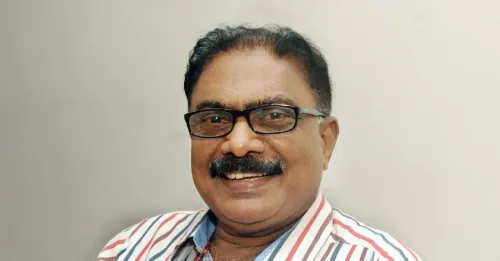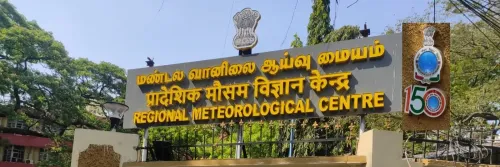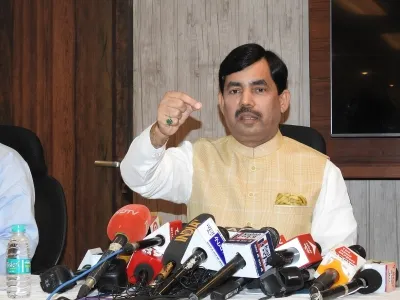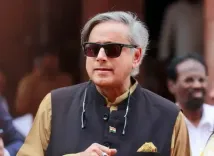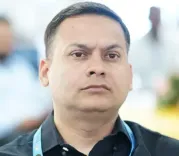How is India Promoting Enhanced Cooperation at the UN Ocean Conference in Nice?

Synopsis
Key Takeaways
- India is advocating stronger global ocean cooperation.
- Discussions focused on satellite technologies and in-situ observations.
- Multilateral cooperation is essential to combat marine pollution.
- Strengthening observation infrastructure is key for climate predictions.
- India positions itself as a leader in ocean governance.
Nice (France), June 9 (NationPress) Advocating for enhanced global cooperation regarding ocean initiatives at the UN Ocean Conference, India’s Union Minister of Earth Sciences, Jitendra Singh, along with UNESCO representative Vidar Helgesen, engaged in bilateral talks on Monday. India reaffirmed its dedication to contribute through both satellite-based technologies and in-situ observation systems.
As the head of the Indian delegation at the third United Nations Ocean Conference (UNOC3) in Nice, Singh discussed collaborative efforts with Helgesen, who serves as the Executive Secretary of the Inter-governmental Oceanographic Commission (IOC) of UNESCO.
The focus of their discussions was on improving global ocean observation capabilities, with India reiterating its commitment to assist through both satellite technologies and in-situ observation systems, as stated in an official announcement from the Indian government.
During the meeting, Singh emphasized India's initiatives to enhance scientific knowledge of the Indian Ocean, particularly concerning climate studies and monsoon forecasting.
He remarked, “Enhancing ocean observation infrastructure is vital not just for improved climate predictions but also for tapping into the economic potential of the blue economy.”
Helgesen responded by urging India to take a more proactive role in supporting the IOC’s global coordination frameworks, especially regarding data sharing, ocean services, and regional observation initiatives.
The dialogue highlighted the critical need for multilateral collaboration to tackle issues such as sea level rise, marine pollution, and biodiversity loss.
India’s involvement in UNOC3 comes at a pivotal moment when coastal nations are increasingly acknowledging the strategic and economic significance of oceans.
Given its vast coastline and heavy reliance on the monsoon, India is positioning itself as a significant player in global ocean governance, especially within the Indo-Pacific region.
The conference, co-hosted by France and Costa Rica, gathers heads of state, ministers, scientists, and leaders from civil society to explore methods to expedite progress on Sustainable Development Goal 14—to conserve and sustainably utilize the oceans, seas, and marine resources.
Minister Singh is anticipated to engage in a series of multilateral activities throughout the week, emphasizing India’s priorities in marine science, capacity building, and equitable access to ocean data.
(For inquiries, contact Vishal Gulati at vishal.g@ians.in)

